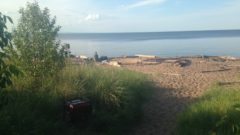In time for Earth Day, local environmental non-profit lands $200,000 EPA grant
Traverse City-based nonprofit Conservation Resource Alliance (CRA) received $200,000 in Great Lakes Restoration Initiative funding from the U.S. Environmental Protection Agency (EPA) to support Wild Roots, a mass reforestation pilot-program aimed at restoring northern Michigan’s native forests with 100,000 trees and shrubs over five years. Read the full story by The Ticker.
Great Lakes Commission
https://www.glc.org/dailynews/20200422-glri-grant-award

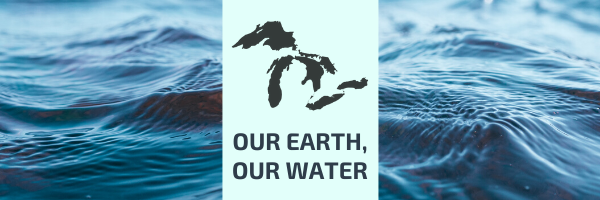

 This was a tournament we offered last year where 16 species competed for the title of “Least Wanted Aquatic Invasive Species in Wisconsin.” The game was widely publicized and was hosted by our AIS staffers. The winner(s)? Zebra and quagga mussels. Read more about the results
This was a tournament we offered last year where 16 species competed for the title of “Least Wanted Aquatic Invasive Species in Wisconsin.” The game was widely publicized and was hosted by our AIS staffers. The winner(s)? Zebra and quagga mussels. Read more about the results 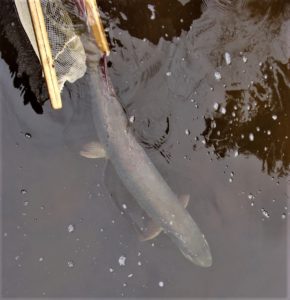
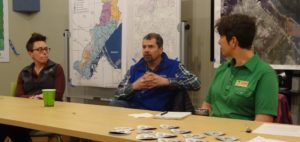 This was another story written by our River Talks student blogger. This talk in the monthly series featured a panel of local urban stream experts: Tiffany Sprague with the University of Minnesota Duluth Natural Resources Research Institute, Andrea Crouse with the city of Superior and Todd Carlson with the city of Duluth. They highlighted the many environmental and lifestyle impacts we have on our urban streams.
This was another story written by our River Talks student blogger. This talk in the monthly series featured a panel of local urban stream experts: Tiffany Sprague with the University of Minnesota Duluth Natural Resources Research Institute, Andrea Crouse with the city of Superior and Todd Carlson with the city of Duluth. They highlighted the many environmental and lifestyle impacts we have on our urban streams.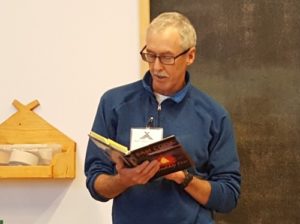
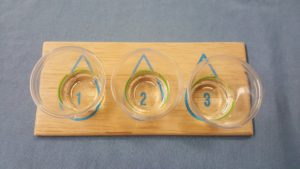
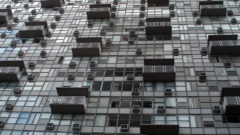
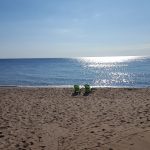
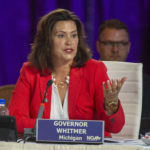
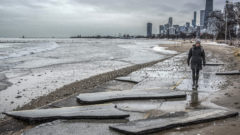
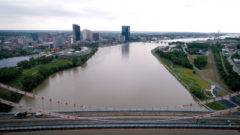
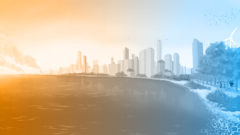

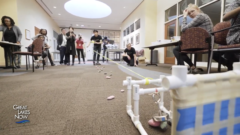
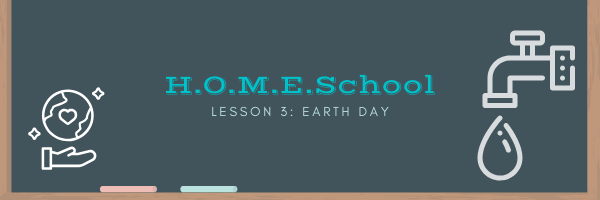
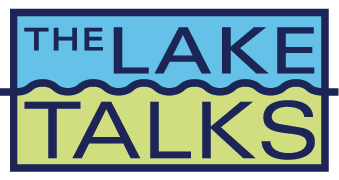 Due to public health concerns related to COVID-19, the two remaining events in the
Due to public health concerns related to COVID-19, the two remaining events in the 